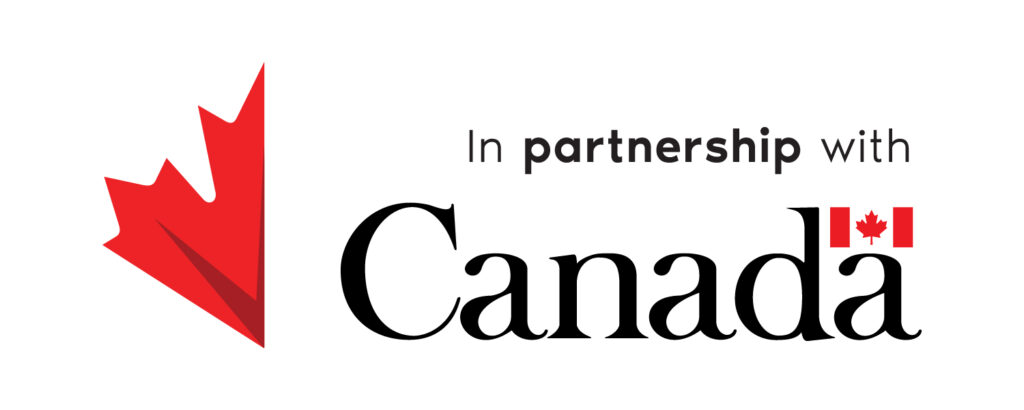This International Women’s Day, we celebrated changemakers who are driving social, economic, and political empowerment for women and girls, building a future where we can all thrive together.
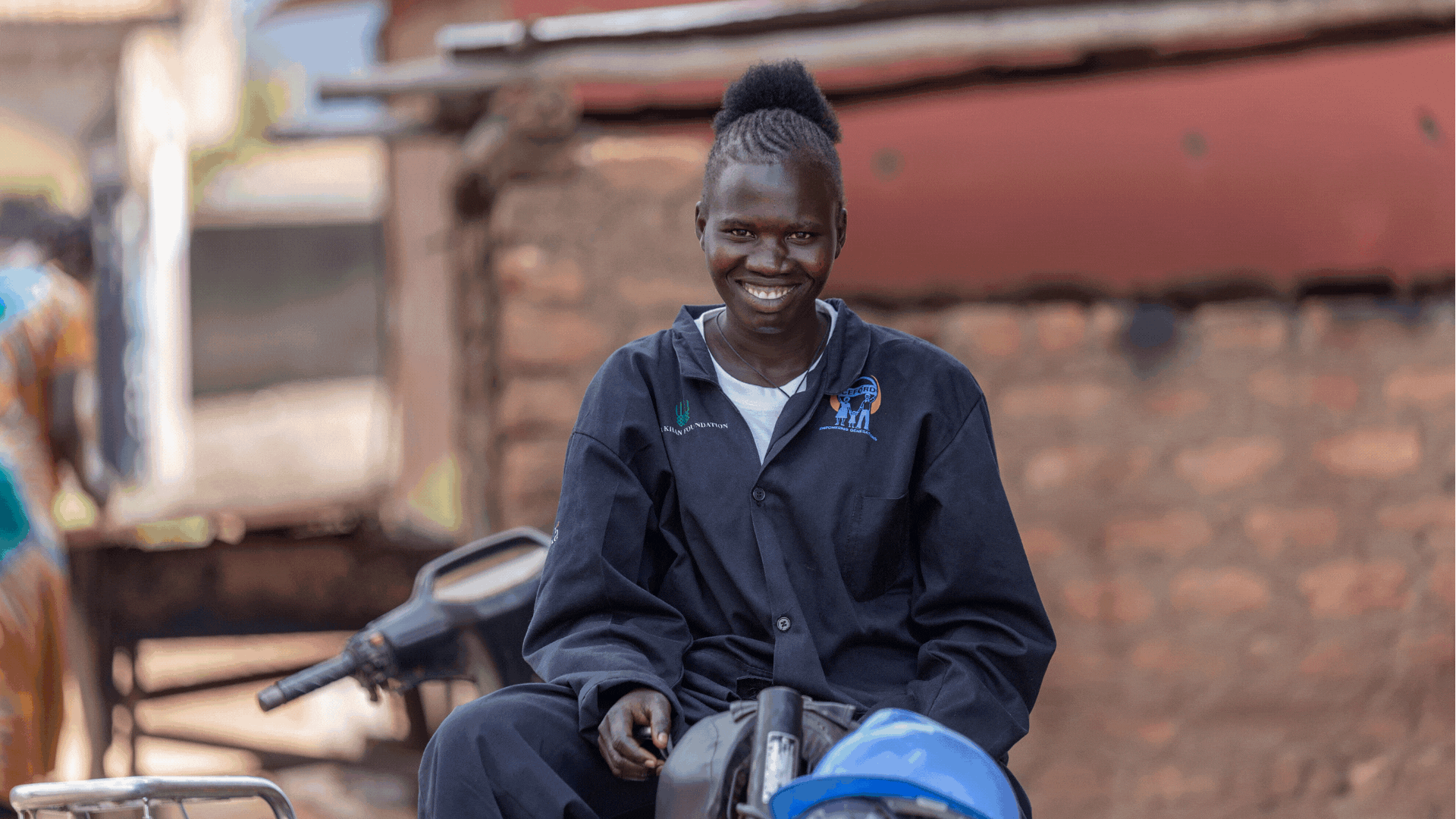
In Arua, Uganda, Sherry Okunia is defying gender stereotypes and paving new paths.
With support from Canada, she learned how to repair motorcycles. “I wanted to challenge misconceptions in the community that mechanics are only for men,” she said.
Sherry used to earn a living as a domestic worker and was often mistreated. Now, she’s a mechanic and is saving up to open her own business. As a role model for other women who want to break into male-dominated trades, Sherry hopes that other women are motivated to take the same training.
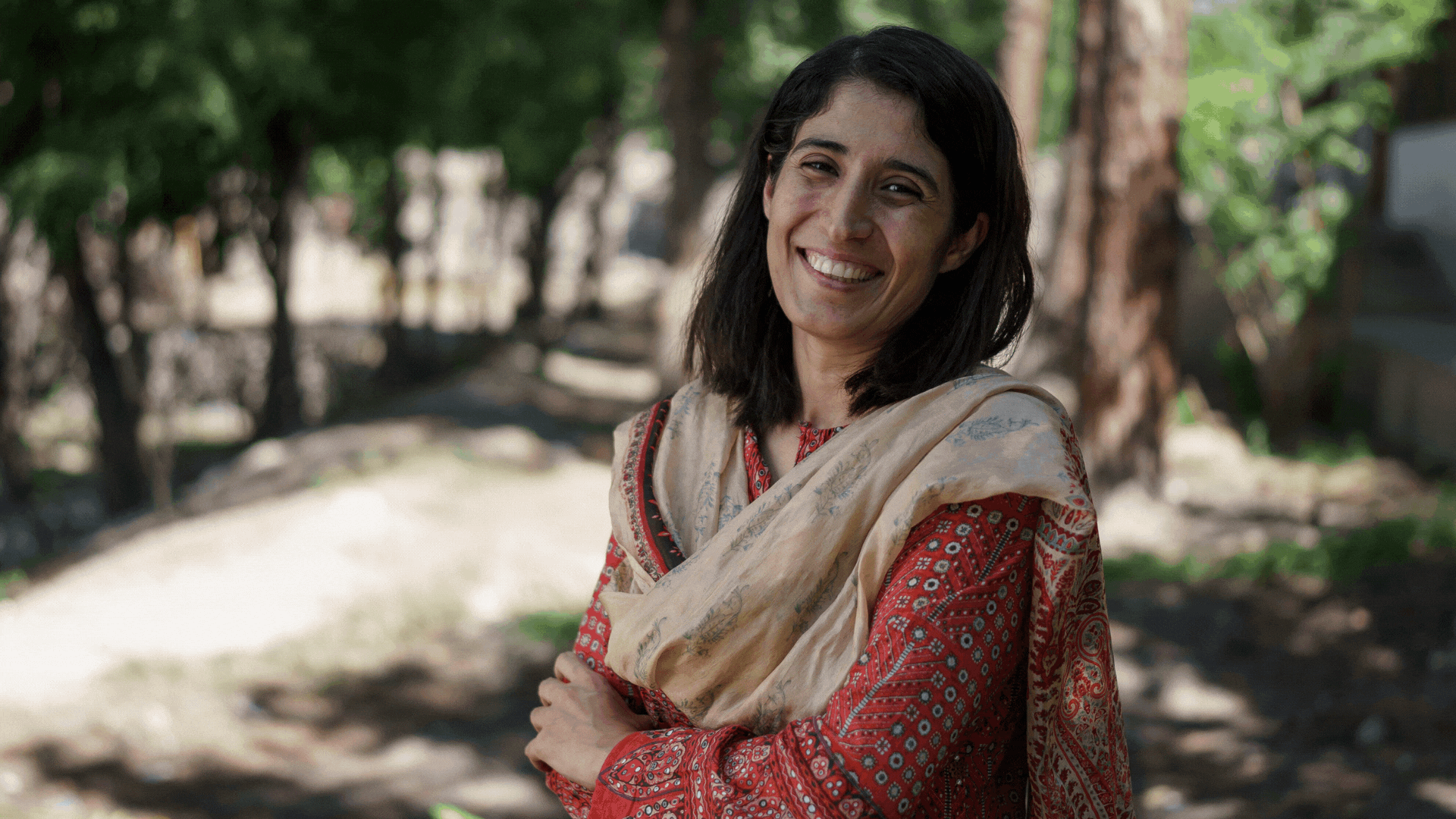
In a region where sociocultural norms can limit opportunities for women, Nadia Iqbal is breaking barriers in the male-dominated tech industry.
Nadia is the co-founder and CEO of Tech AlphaLogix, a company specializing in web development and design in Gilgit, Pakistan. Boasting a workforce of over 60% women, Tech Alphalogix also provides opportunities for youth to learn digital skills and build their careers.
Keeping up with rapid technological and digital transformation is critical for the well-being of women and girls. Skill building and education are key – and leaders like Nadia are paving the way for the next generation of women in tech, with support from Canada.
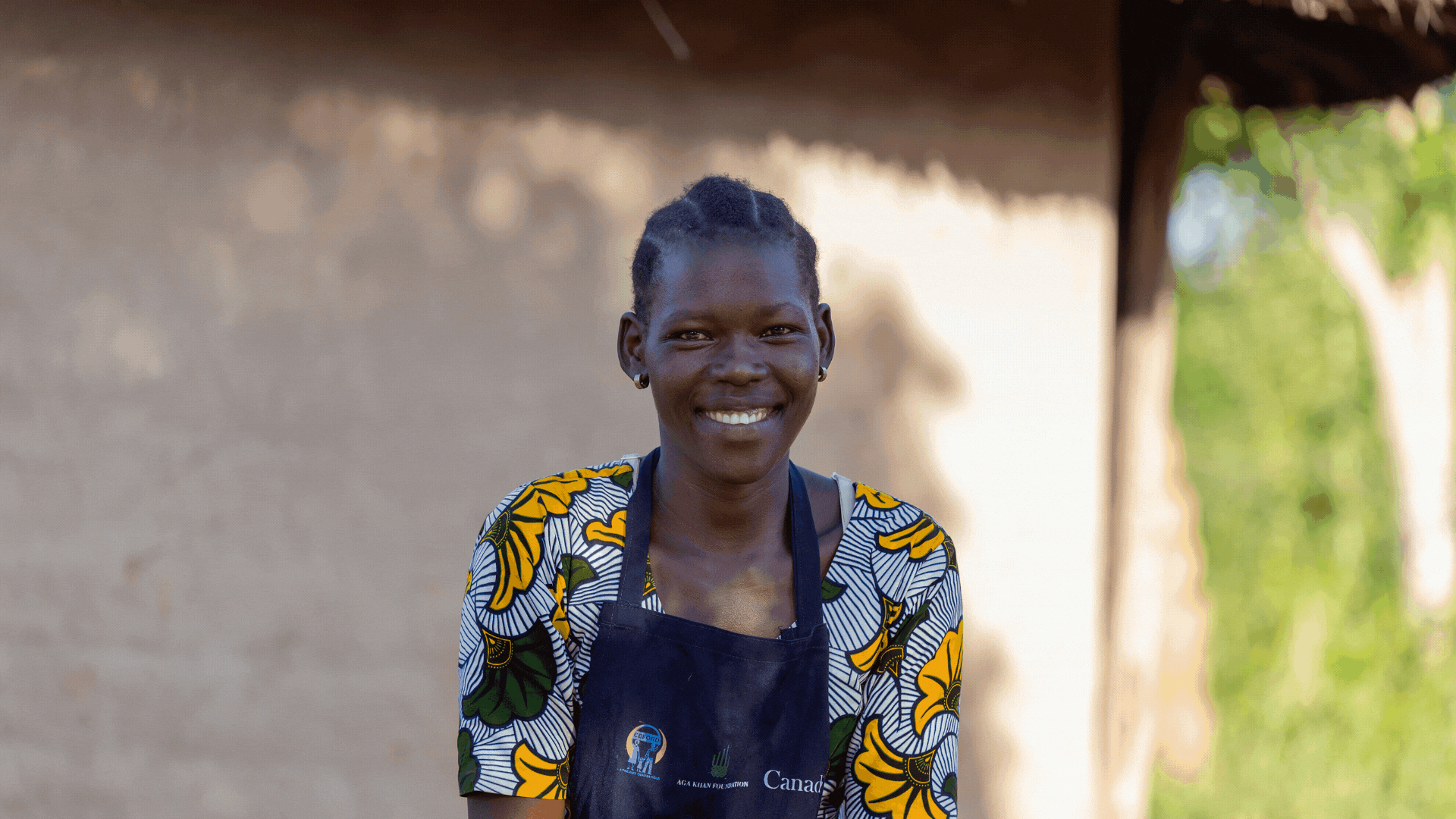
Women’s economic empowerment is central to realizing gender equality.
Through training supported by Canada, 26-year-old Jackline Onzia in Arua, Uganda, learned beadwork and shoemaking and is using her new skills to earn an income.
Before, like many other women in her community, Jackline was financially dependent on her husband. “I could not buy anything, even basic medical needs,” she said. Now, she can support herself and her household and is training other women in her community to do the same.
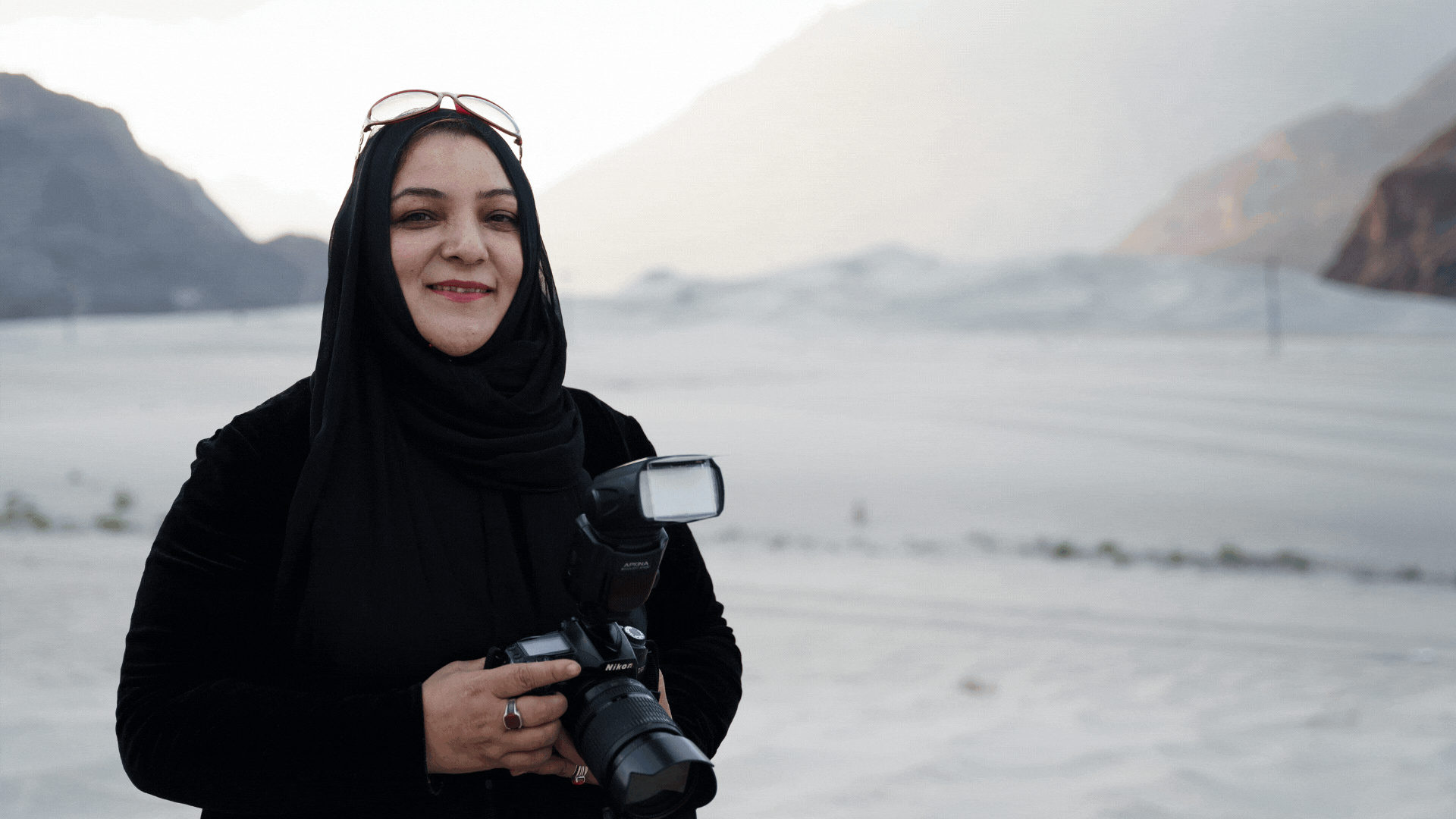
Maryam Ainee Batool is an entrepreneur who manages a photo studio, beauty salon, and clothing brand in Baltistan, Pakistan.
She also trains underprivileged young women — many of them widows or orphans — in fashion design and cosmetology.
Maryam’s trainings encourage economic independence and self-reliance and provide the tools for them to start their own businesses. In a region where opportunities for women are often limited, Maryam leads by example for a more inclusive, prosperous world.
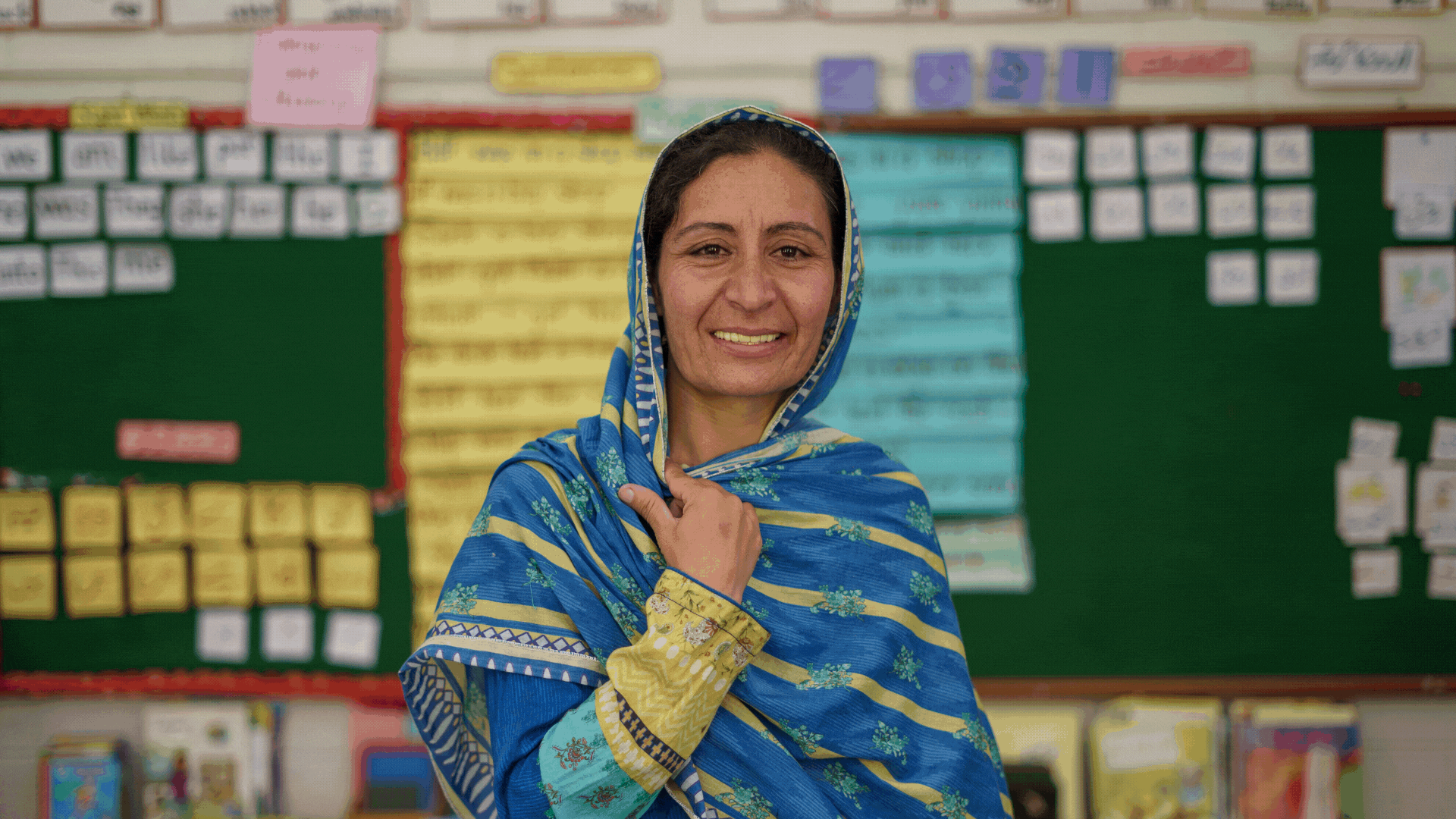
Early childhood development isn’t just about teaching children – it’s about transforming communities.
Meet Bibi Razia. She’s a facilitator who helps ensure that girls get equal access to education and plays a pivotal role in training educators across 15 schools in Chitral, Pakistan.
Bibi Razia also leads community awareness sessions, where she encourages parents to engage with their child’s development. By teaching communities about the importance of early childhood, she’s helping increase pre-primary school enrollment rates, and ensuring that young girls and boys can build strong foundations for learning and growth.
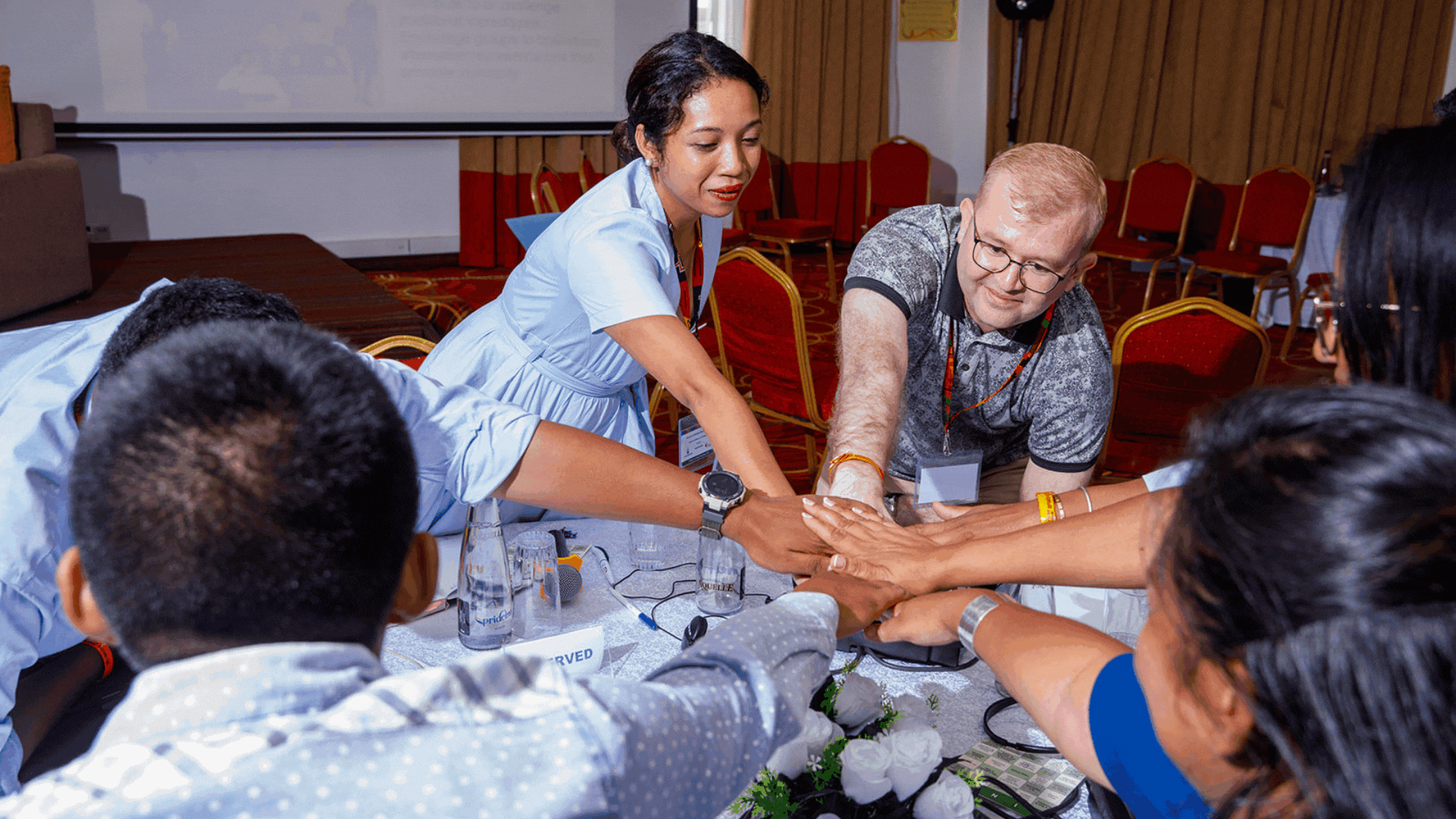
In Africa and Asia, we support local civil society organizations that are advancing gender equality and women’s empowerment in their communities.
In February, we hosted a Global Learning Workshop, where over 140 participants from over 14 countries gathered in Mombasa, Kenya, to share best practices, discuss challenges, and brainstorm solutions for a way forward.
Participants highlighted the need to recognize diverse perspectives in fostering inclusivity and discussed topics like the importance of engaging men and boys for effective, transformative, and lasting change.
